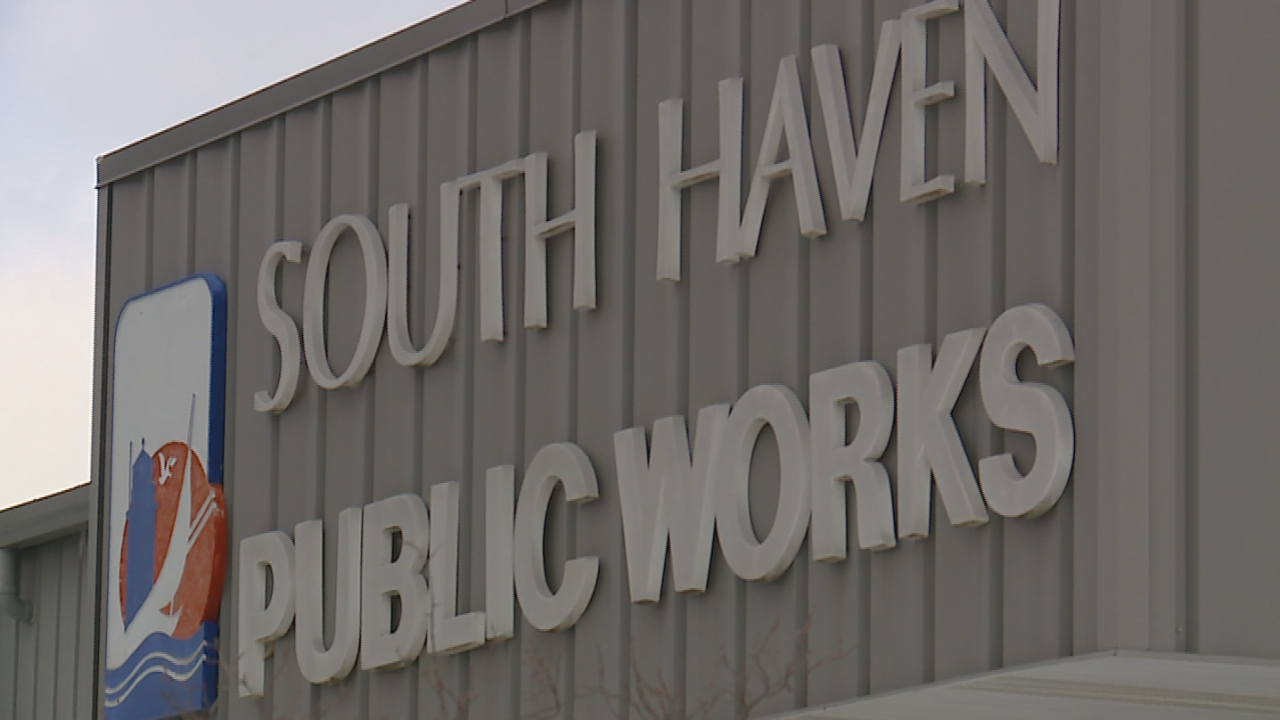Mysterious Wild Bird Die-Off in South Haven: Causes and Concerns
The city of South Haven, Michigan, has recently issued a public warning following a troubling increase in reports of dead wild birds. Local authorities and wildlife experts are investigating the cause of this sudden die-off, which has raised concerns among residents and environmentalists alike. While the exact reasons remain unclear, possible explanations include disease outbreaks, environmental toxins, or habitat disruptions. This article explores the ongoing situation, potential causes, and what residents can do to help.
The Sudden Rise in Bird Mortality
Over the past few weeks, South Haven residents have reported an unusual number of dead birds in parks, backyards, and along shorelines. The affected species include common backyard birds such as sparrows, robins, and finches, as well as waterfowl near Lake Michigan.

Caption: A recent warning from South Haven officials highlights the growing concern over wild bird deaths in the area. Wildlife officials have collected samples for testing, but initial observations suggest that the deaths are not isolated to a single species or location. This widespread pattern has led to speculation about environmental factors or contagious diseases.
Possible Causes of the Die-Off
1. Avian Diseases
One leading theory is that the birds may be succumbing to an infectious disease. Avian influenza (bird flu) has been responsible for mass bird deaths in other regions, and while no confirmed cases have been reported in South Haven yet, testing is underway. Other diseases, such as West Nile virus or salmonellosis (a bacterial infection spread at bird feeders), could also be contributing factors. These illnesses often spread rapidly in wild bird populations, especially in areas where birds congregate.
2. Environmental Toxins
Pesticides, herbicides, and other chemicals can be lethal to birds if ingested. South Haven’s proximity to agricultural areas and residential pesticide use raises concerns about accidental poisoning. Additionally, algal blooms in Lake Michigan—sometimes caused by nutrient runoff—can produce toxins harmful to wildlife.
3. Extreme Weather and Habitat Stress
Recent weather fluctuations, including unseasonal storms or temperature swings, may have weakened bird populations. Migration is a physically demanding process, and sudden environmental changes can leave birds vulnerable to illness or exhaustion.
4. Human-Related Hazards
Collisions with buildings, vehicles, or power lines are common causes of bird fatalities. Light pollution can also disorient migratory birds, leading to fatal exhaustion. While these factors are always present, a sudden spike in deaths suggests a larger underlying issue.
What Residents Can Do
While experts work to determine the exact cause, South Haven residents can take steps to help protect local bird populations: - Report Dead Birds: Contact local wildlife authorities if you find multiple dead birds in one area. Avoid handling them without gloves. - Clean Bird Feeders Regularly: Dirty feeders can spread disease. Disinfect them weekly with a mild bleach solution. - Reduce Pesticide Use: Opt for bird-friendly pest control methods to minimize chemical exposure. - Keep Cats Indoors: Domestic cats are a major threat to wild birds. Keeping them inside helps reduce unnecessary fatalities.
Ongoing Investigations and Next Steps
State wildlife agencies, along with the Michigan Department of Natural Resources, are conducting necropsies (animal autopsies) on collected specimens to identify the root cause. Preliminary results are expected in the coming weeks. In the meantime, officials urge the public to remain vigilant but not panic. While the die-off is concerning, early detection and reporting can help mitigate further losses.
Conclusion: A Call for Awareness and Action
The sudden increase in wild bird deaths in South Haven is a troubling development that underscores the delicate balance between wildlife and human activity. Whether the cause is disease, pollution, or environmental stress, this event serves as a reminder of the importance of conservation efforts. Residents can play a crucial role by reporting unusual bird deaths, maintaining safe feeding practices, and supporting local wildlife protection initiatives. As investigations continue, staying informed and proactive will be key to safeguarding South Haven’s avian populations. [IMAGE_2] Caption: Experts examine a deceased bird as part of ongoing efforts to determine the cause of the die-off. By working together, the community can help ensure that such incidents are addressed swiftly, protecting both wildlife and public health.